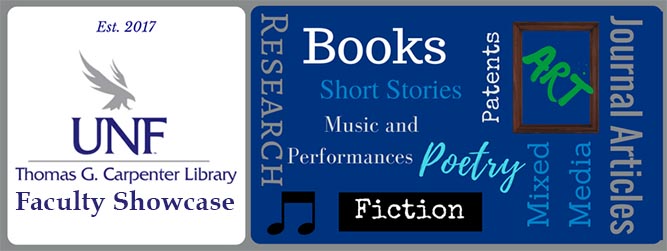College
College of Arts and Sciences
Department
Psychology
Rank
Professor
Creativity Through the Eyes of Professional Artists in Cuba, Germany, and Russia
Type of Work
Journal Article
Publication Information
Journal of Cross-Cultrual Psychology, Volume 49, Issue 2, February 2018
Description of Work
Creativity plays an important role in the advancement of all societies around the world, yet the role of cultural influences on creativity is still unclear. Following systems theory, activity theory, and ecocultural theory, semi-structured interviews with 30 renowned artists (writers, composers, and visual artists) from Cuba, Germany, and Russia were conducted to explore the complexity of the creative process and potential cultural differences. All interviews were transcribed verbatim and analyzed using Consensual Qualitative Research methodology. The following 8 main domains resulted from the interviews: How I became an artist, What being an artist means to me, Creating as a cognitive process, Creating as an emotional process, Creating as a motivational process, Fostering factors of creativity, Hindering factors, and The role of culture in creating. Artists in the three countries similarly talked about creativity being a fluid process where ideas change, and elaborated on the role of intuition and the unconscious when creating art. Meaningful cross-cultural differences were seen among the artists of three cultural backgrounds in terms of attitudes about financial instability, in how they perceive themselves, in their art’s societal function, in the cognitive and in the emotional process of creating, and in terms of social connectedness. Results highlight a) the complexity of the creative process going beyond cognitive factors and including motivational, emotional, and sociocultural factors, and b) the cultural differences in the creative process. Results are beneficial for further developing a comprehensive theory of the creative process taking cultural differences into consideration.
Creativity Through the Eyes of Professional Artists in Cuba, Germany, and Russia
Creativity plays an important role in the advancement of all societies around the world, yet the role of cultural influences on creativity is still unclear. Following systems theory, activity theory, and ecocultural theory, semi-structured interviews with 30 renowned artists (writers, composers, and visual artists) from Cuba, Germany, and Russia were conducted to explore the complexity of the creative process and potential cultural differences. All interviews were transcribed verbatim and analyzed using Consensual Qualitative Research methodology. The following 8 main domains resulted from the interviews: How I became an artist, What being an artist means to me, Creating as a cognitive process, Creating as an emotional process, Creating as a motivational process, Fostering factors of creativity, Hindering factors, and The role of culture in creating. Artists in the three countries similarly talked about creativity being a fluid process where ideas change, and elaborated on the role of intuition and the unconscious when creating art. Meaningful cross-cultural differences were seen among the artists of three cultural backgrounds in terms of attitudes about financial instability, in how they perceive themselves, in their art’s societal function, in the cognitive and in the emotional process of creating, and in terms of social connectedness. Results highlight a) the complexity of the creative process going beyond cognitive factors and including motivational, emotional, and sociocultural factors, and b) the cultural differences in the creative process. Results are beneficial for further developing a comprehensive theory of the creative process taking cultural differences into consideration.



Biographical Statement
C. Dominik Güss, Ph.D. in Psychology, is Distinguished Professor and Presidential Professor at University of North Florida. His research includes the influence of culture on higher-order cognition and terrorism. His research has been funded by the National Science Foundation, a Fellowship of the Alexander von Humboldt Foundation, and by a Marie-Curie IIF Fellowship of the European Commission. He has published over 50 articles and book chapters and is on the editorial board of several journals.